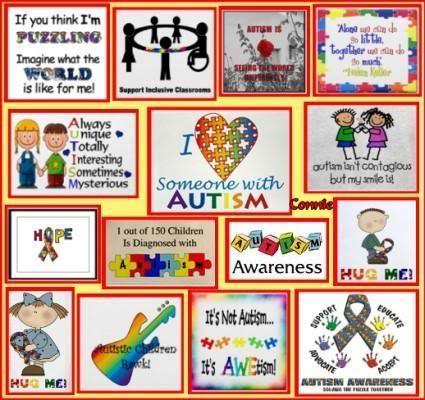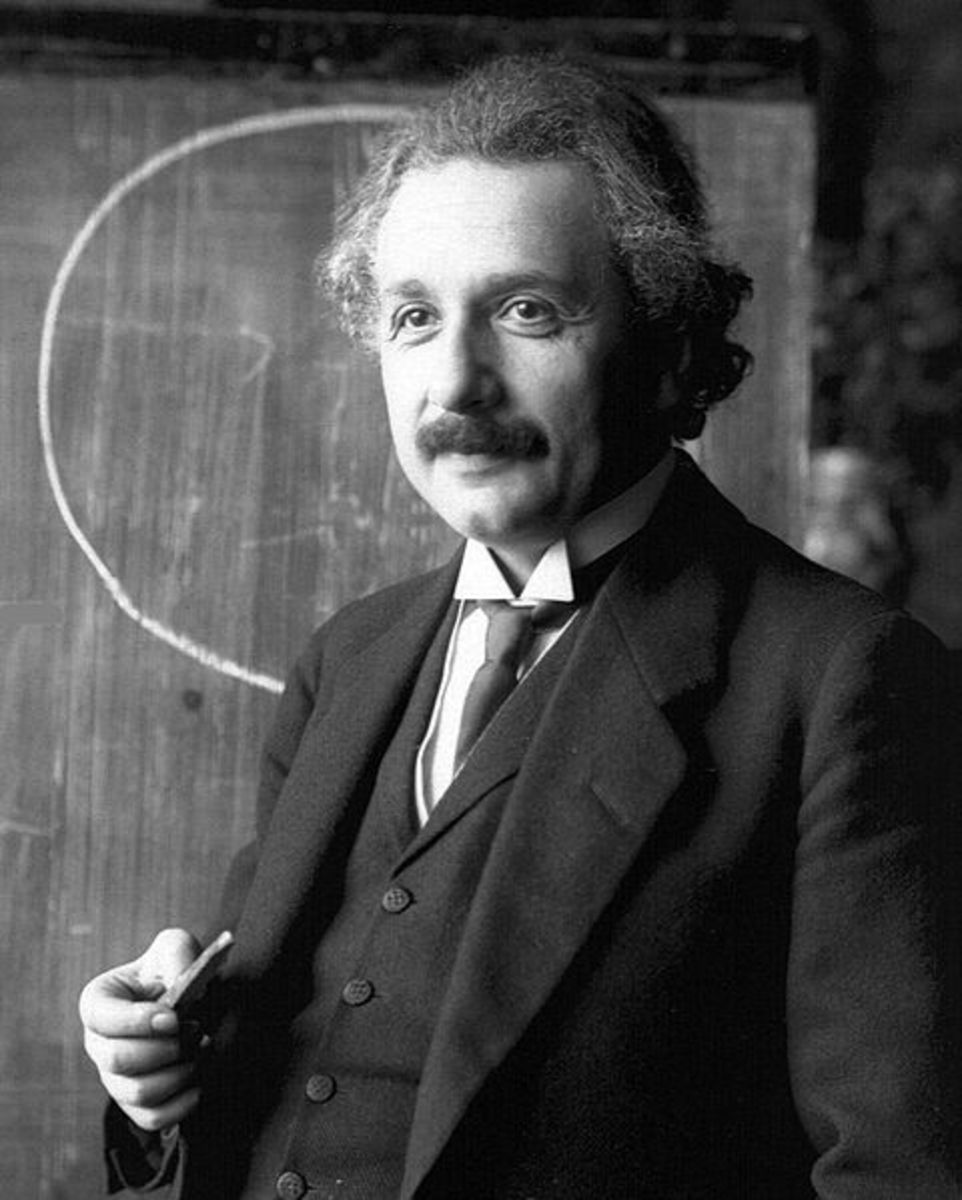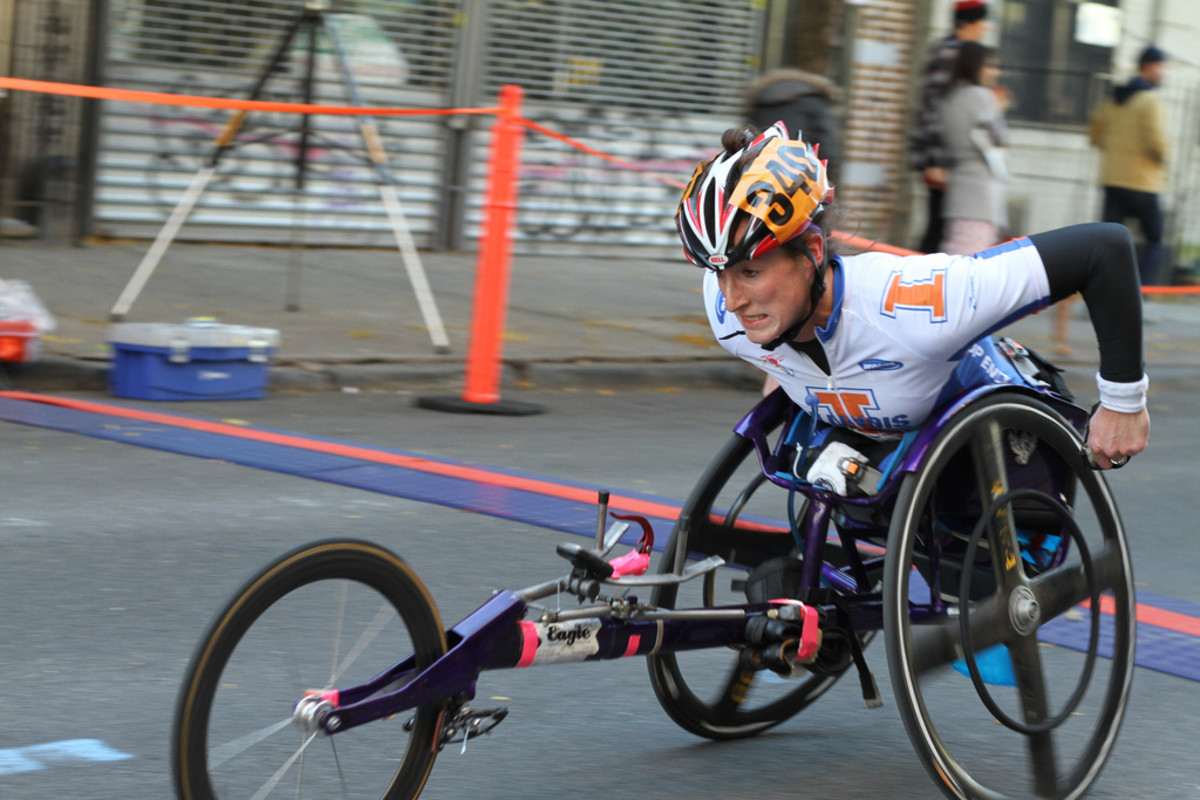How do you diagnose Asperger's syndrome?
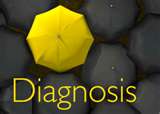
Dr Temple Grandin on Asperger's Disorder
Autism and Asperger's disorder
Establishing a diagnosis
The initial question from which this hub developed was: " How do you diagnose Asperger's disorder in the absence of medical testing?"
The short answer is: you do not need medical testing. Unfortunately science is not yet at the stage where we can test medically for the presence of various psychiatric disorders, outside of controlled studies. Although there is evidence of some genetic link with autistic spectrum disorders, we are not at the place where we can proactively diagnose mental disorders.
The best way to get a diagnosis is to consult your physician or pediatrician. Generally Asperger's and other autistic spectrum disorders are diagnosed in infancy and/or childhood. In fact, to make a diagnosis, symptoms must have been present since the child's third birthday, as well as having a significant impact on their life and/or social development and the symptoms are not better accounted for by another disorder.
Most often, autistic spectrum disorders are diagnosed during well child visits, or around the time the child begins preschool or kindergarten. These are the first times when a child has to interact significantly with people outside of their known social circle, and this can be problematic for some.
This is therefore often the first time that people begin to notice that these children are somewhat different from others. In children with this pervasive developmental disorder language, curiosity, and cognitive development proceed normally while there is substantial delay in social interaction and "development of restricted, repetitive patterns of behavior, interests, and activities."
Many of these children develop fascinations for unusual objects (vacuum cleaners are often a favorite) and may spend many hours watching and seeking out these objects or a specific part of the object. These children may read voraciously about a specific subject and display incredibly detailed knowledge in their specific area. They may, for example be able to identify, describe and name every dinosaur known to exist, but struggle to answer seemingly simple questions such as "what is your favorite food?"
Kids, of course notice these things immediately and children with Asperger's disorder are often avoided and teased by their peers for their lack of social skills, while adults often find these children precociously charming. Children with Asperger's disorder do not avoid interpersonal relationships because they do not want them, but because the non verbal cues and social mores governing interpersonal behaviors are completely foreign to them.
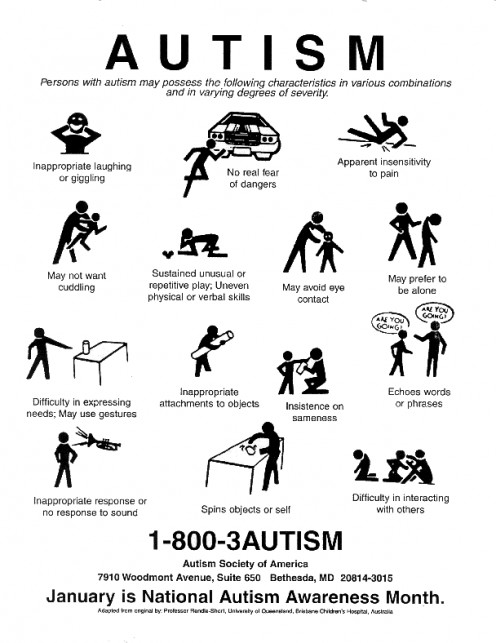
Criteria for Asperger's Disorder from the DSM-IV-TR
Below is a copy of the diagnostic criteria for Asperger's Disorder, from the Diagnostic and Statistical Manual of Mental Disorders - Fourth Edition - Text Revision (1994) American Psychiatric Association
In children with this pervasive developmental disorder, language, curiosity, and cognitive development proceed normally while there is substantial delay in social interaction and "development of restricted, repetitive patterns of behavior, interests, and activities."
Current Diagnostic criteria for 299.80 Asperger's Disorder
A. Qualitative impairment in social interaction, as
manifested by at least two of the following:
(1) marked impairment in the use of multiple nonverbal behaviors such as
eye-to-eye gaze, facial expression, body postures, and gestures to
regulate social interaction
(2) failure to develop peer relationships appropriate to developmental
level
(3) a lack of spontaneous seeking to share enjoyment, interests, or
achievements with other people (e.g., by a lack of showing, bringing, or
pointing out objects of interest to other people)
(4) lack of social or emotional reciprocity
B. Restricted repetitive and stereotyped patterns of
behavior, interests, and activities, as manifested by at least one of
the following:
(1) encompassing preoccupation with one or more stereotyped and
restricted patterns of interest that is abnormal either in intensity or
focus
(2) apparently inflexible adherence to specific, nonfunctional routines
or rituals
(3) stereotyped and repetitive motor mannerisms (e.g., hand or finger
flapping or twisting, or complex whole-body movements)
(4) persistent preoccupation with parts of objects
C. The disturbance causes clinically significant impairment in social, occupational, or other important areas of functioning.
D. There is no clinically significant general delay in language (e.g., single words used by age 2 years, communicative phrases used by age 3 years).
E. There is no clinically significant delay in cognitive development or in the development of age-appropriate self-help skills, adaptive behavior (other than in social interaction), and curiosity about the environment in childhood.
F. Criteria are not met for another specific pervasive developmental disorder or Schizophrenia.
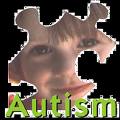
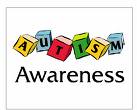
Helpful links
- Behavior | SchoolBehavior.com
Useful resources on a variety of child related topics. - Easy to understand autism information
Provides information about autism in a user friendly format. - Autism, the musical
Link to the page for this wonderful project. If you have not yet seen the movie - run out and get it, it's worth it! - Mental Health Links
Information from SAMHSA about various disorders - Empowering Children and Families through Strength-Based Assessment
- Advancing Minds
At Advancing Minds, we collaborate with parents and children to provide comprehensive evaluations of children's intellectual, educational, emotional, behavioral, and social functioning. Each evaluation addresses specific questions that parents may ha
Changes to the Asperger's diagnosis
To date, the differentiating criteria between autism and Aspergers has been the lack of speech and/or language delay in Asperger's disorder. There has been a significant amount of research done on autistic spectrum disorders over the past 10 years and what this has shown is that the symptoms most important in determining whether someone is on the autistic spectrum relate more strongly to the repetitive and stereotyped interests and interpersonal communication difficulties. These characteristics are what help to differentiate those with autistic spectrum disorders from those without the disorder and/or those with different disorders. Consequently when the new Diagnostic and Statistical Manual of Mental Disorders is released, it is likely that Asperger's disorder with no longer exist as a discrete category and people who have previously been diagnosed with this disorder will have the diagnosis of autistic spectrum disorder.
Now the real question is, who cares and why? There seems to be a lot of controversy about something in a book.
Well, like most things there are, at least 2 sides to every story. The American Psychiatric association feels this is a good thing because this is based on many very extensive and expensive studies and metastudies (studies about studies), so they believe that they are getting closer to accurately defining and refining this diagnosis based on accurate and scientific data.
Some "Aspie's" or those with Asperger's syndrome are not happy about this as they believe that they are a truly distinctive group and different from those with autism. Also there is a public bias to see Asperger's as a "better" diagnosis, largely due to media portrayal of people with autistic savant syndrome and growing public awareness of people like Dr Temple Gradin. Autism, is associated by many with a more One Flew Over The Cuckoo's Nest scenario. While it is often easier for those with Asperger's to function in society as they don't have the language difficulties, most truly struggle with day to day life situations. Until recently it was also believed that up to 75% of those with autism had significant cognitive delays, although new research on a larger sample may prove differently.
There are some of those with Asperger's And their families who are pleased about this as it is often truly difficult to obtain services for these children as they often test normal to above average intelligence and their behaviors are often perceived by the schools and outsiders as deliberate, oppositional and defiant. Having the distinction dropped may mean that some of these families become eligible for services previously only accessible by those with autism and may gain more acknowledgement of their struggle.
There are many more points of view and more will emerge as the available body of research increases and public awareness grows.
Let your voice be heard!
Was this information helpful?
Brief Asperger's documentary
